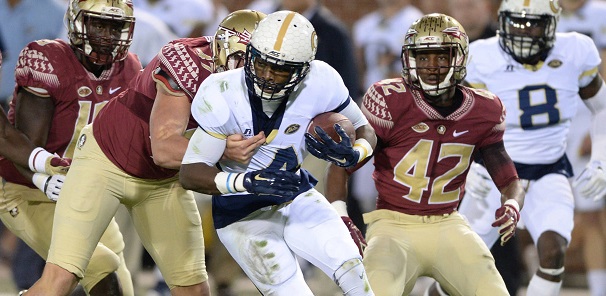By The News Service of Florida
State university-system leaders are trying to quickly educate themselves about how a tentative legal settlement involving compensation for athletes, including some no longer in school, might change college sports in Florida.
The system’s Board of Governors on Wednesday directed members of its Budget and Finance Committee to learn about the recent settlement dealing, in part, with compensating athletes for use of their names, images and likenesses, an issue known as NIL.
“Let’s do it quickly so that we can be responsive,” board Chairman Brian Lamb said.
California-based U.S. District Judge Claudia Wilken this month ordered a timeline on a $2.78 billion settlement that would allow athletes to be paid directly by their schools and establish a system for revenue-sharing. The settlement also would allow athletes who played at the Division I level since at least 2016 to recoup potential money from NIL deals they had been barred in the past from entering. A final hearing on the settlement is set for April.
Peter Collins, chairman of the Florida State University Board of Trustees, said the settlement should “put some guardrails around NIL” that are not present now.
“Every athletic director, every president, every board chair, wants this, and it will change the way NIL is done,” Collins said. “Athletes will be able to continue to get paid for their name, image and likeness. But the collectives that have been formed, and they’re largely funded by boosters that are distributing the NIL payments today, there will be a third party out there that will be clearinghouses for NIL deals.”
Tim Jones, the university system’s senior vice chancellor and CFO, said some schools outside of Florida have already started to address the pending changes.
Board of Governors member Jose Oliva warned that “a large part of that compensation will end up coming” from taxpayers. “Not every school in our system … is FSU. Not every school is UF (the University of Florida),” said Oliva, a former Florida House speaker. “What starts to happen when they can’t compete?” Lamb said the use of tax dollars isn’t being considered as an option, but he’s heard it discussed.

